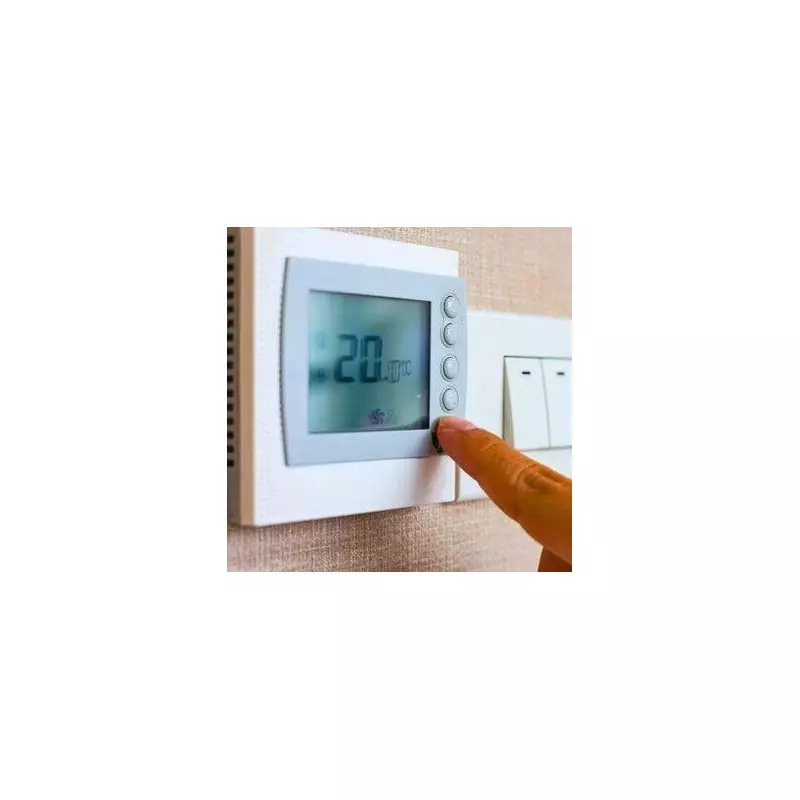
Millions of British households are unknowingly burning through cash this winter due to a simple thermostat misunderstanding that's adding hundreds of pounds to energy bills. According to heating experts, many families are making a crucial error in how they manage their home's temperature controls.
The Costly Heating Misconception
Contrary to popular belief, cranking up your thermostat to maximum when you're cold doesn't heat your home any faster. This common mistake is equivalent to pressing the pedestrian crossing button repeatedly - it might feel productive, but it doesn't change the outcome.
"People think turning the dial to 30°C will warm their room quicker, but that's not how boilers work," explains a leading energy consultant. "Your heating system works at a constant rate regardless of the temperature setting."
How Thermostats Actually Work
Modern thermostats function as simple on/off switches for your heating system. Setting it to 21°C or 30°C makes no difference to how quickly your room reaches a comfortable temperature. The boiler works at the same pace either way.
The real danger comes when homeowners forget to adjust the temperature back down, causing the system to continue heating long after the room has reached the desired warmth. This unnecessary overheating can significantly increase energy consumption.
Smart Solutions for Winter Savings
Energy experts recommend several strategies to optimise your heating efficiency:
- Set and forget: Choose your ideal temperature (typically 18-21°C) and leave the thermostat alone
- Use timers strategically: Program your heating to match your household's daily routine
- Consider smart thermostats: These devices learn your habits and can automatically adjust temperatures for maximum efficiency
- Lower by degrees: Reducing your thermostat by just 1°C could save up to £100 annually on energy bills
Additional Energy-Saving Tips
Beyond thermostat management, households can implement other simple measures to reduce heating costs. Regular boiler servicing, proper insulation, and bleeding radiators can all contribute to more efficient heating. Even closing curtains at dusk can help retain warmth and reduce energy consumption.
With energy prices remaining high, correcting this simple thermostat mistake could provide much-needed relief for family budgets during the coldest months. The solution requires no technical expertise - just a change in habit that could lead to substantial savings.





